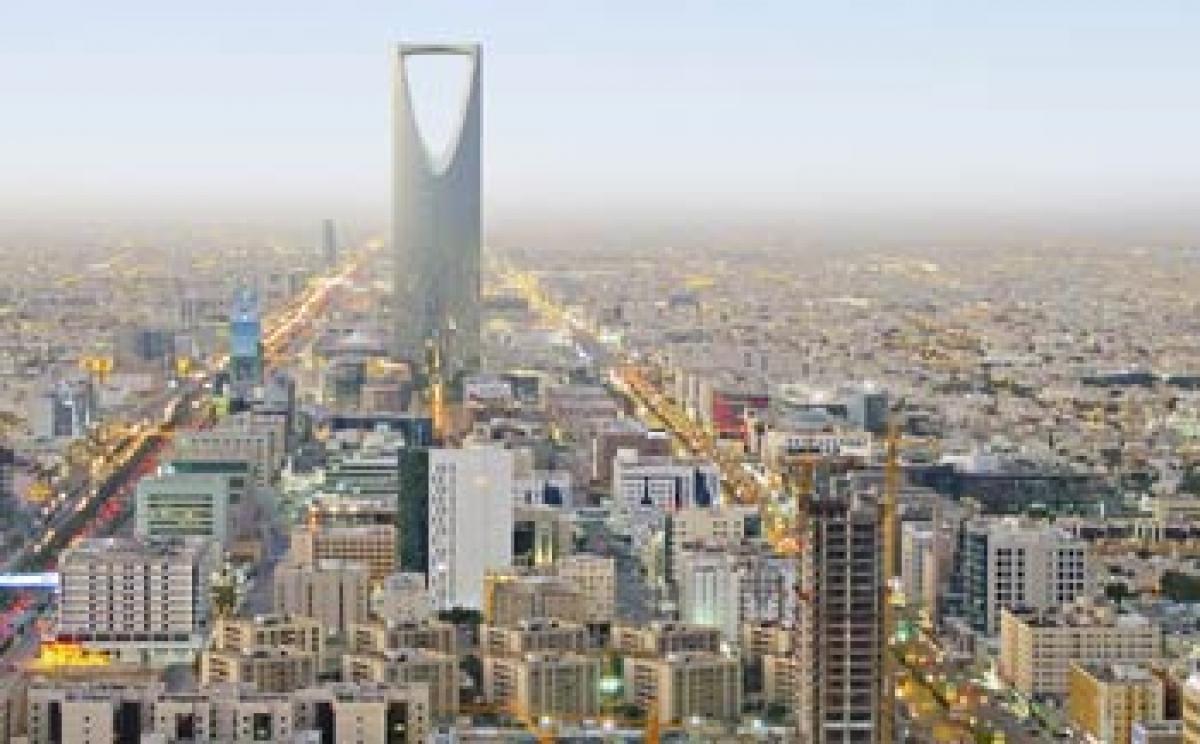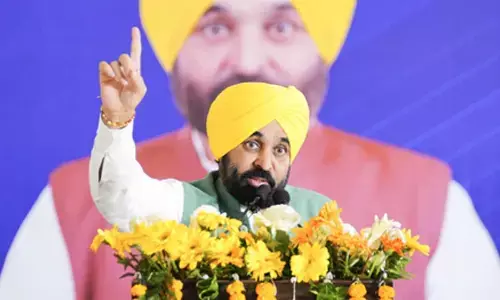How Saudi plans to shake up its economy

The Saudi government is making attempts to work out how to restructure the economy so it no longer relies on oil. The National Transformation Plan (NTP), as Riyadh has dubbed the changes, is expected to be unveiled in the next few weeks.
Riyadh/Dubai : The Saudi government is making attempts to work out how to restructure the economy so it no longer relies on oil. The National Transformation Plan (NTP), as Riyadh has dubbed the changes, is expected to be unveiled in the next few weeks. Much is still secret. It includes asset sales, tax increases, spending cuts, changes to the way the state manages its financial reserves, an efficiency drive, and a much bigger role for the private sector.
Such changes have been talked about for years but never put into action. One reason to think this time could be different is that policy-making has in the past year shifted away from conservative bodies such as the finance ministry and central bank. Power is now concentrated in a new 22-member Council of Economic and Development Affairs, formed after King Salman took the throne in January 2015.
The Council is chaired by his son, Deputy Crown Prince Mohammed bin Salman, who is about 30. In his role as defence minister, Prince Mohammed launched Saudi Arabia's military intervention in Yemen in March 2015. Now, he wants to shake up economic policy.
People familiar with the NTP said it was born late last year in discussions between Prince Mohammed and a few other top officials. At the time, oil was sinking below $30 a barrel, about half the low point that had been expected. That saddled the kingdom with an annual budget deficit near $100 billion and strengthened the case for radical changes.
Riyadh is spending tens of millions of dollars on foreign consultants for the NTP. London-based Source Global Research estimated in March that total Saudi spending on consultancies mostly by the government or state-linked bodies grew over 10 percent in 2015, from $1.06 billion in 2014.
One model is neighbouring United Arab Emirates, which began radical reforms by cutting gasoline subsidies last year, people familiar with the Saudi plan said. Another model is Malaysia, which in 2010 moved to diversify beyond commodity exports and attract more foreign investment. Consultancy McKinsey & Co played a major role in the Malaysian plan and is now at the centre of the Saudi effort.
The NTP will also speed up Saudi Arabia's long-running but slow-paced privatisation programme. Up to 5 per cent of national oil giant Saudi Aramco will be sold to the public, Prince Mohammed says, possibly raising tens of billions of dollars. Also on the block: chunks of other companies in up to 18 sectors, including healthcare, mining and transport. In the future, privatisation proceeds will be invested in corporate assets around the world, generating income and obtaining access to technology and expertise.
There are many sceptics. Some say the NTP is too late. Local capital markets are too small to absorb a privatisation programme so attracting foreign money will be vital. But investors are wary of Saudi Arabia's prospects given the low oil price. Eliminating the budget deficit by 2020 will require an additional $100 billion in spending cuts and tax increases equivalent to about 16 per cent of gross domestic product. That could stifle growth and deter the investment the NTP seeks.
Some plans are headline-grabbing but may involve little real change. For example, the PIF will take over assets such as Saudi Aramco but won't be able to reinvest that wealth unless it sells big pieces of the firm, which would be tough for financial and political reasons. And then there's the mixed fortunes of some of the models Saudi Arabia has looked at. "Most of the economic transformation programmes in various countries didn't succeed or diverged immensely from the original plans," said prominent Saudi economist Ihsan Bu Hulaiga.
Malaysia, for instance, has increased the private sector's share of investment modestly, to 64 percent in 2014 from 52 percent in 2009. But the country's currency has plunged along with commodity prices, something Riyadh wants to avoid.
By Katie Paul, Marwa Rashad & Andrew Torchia




